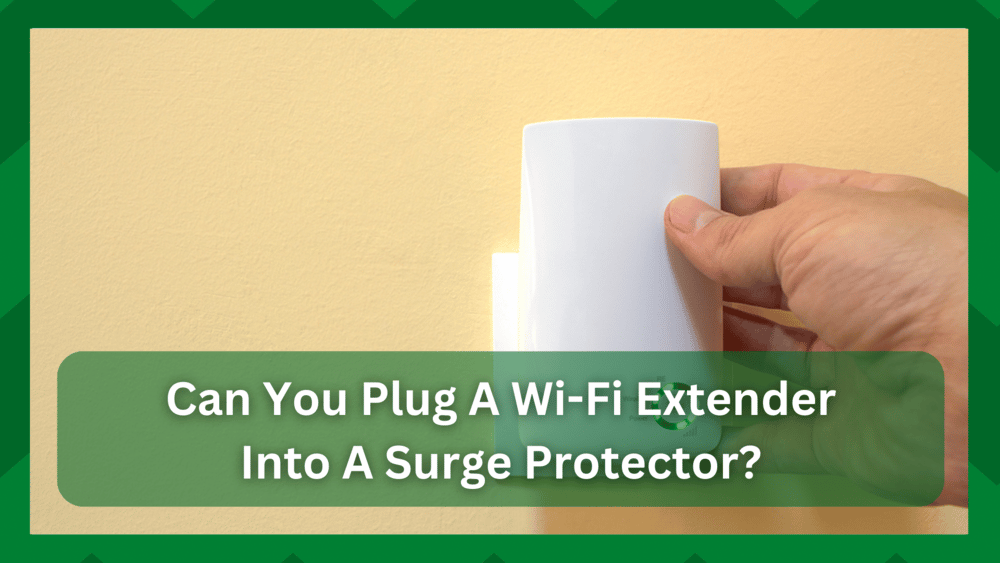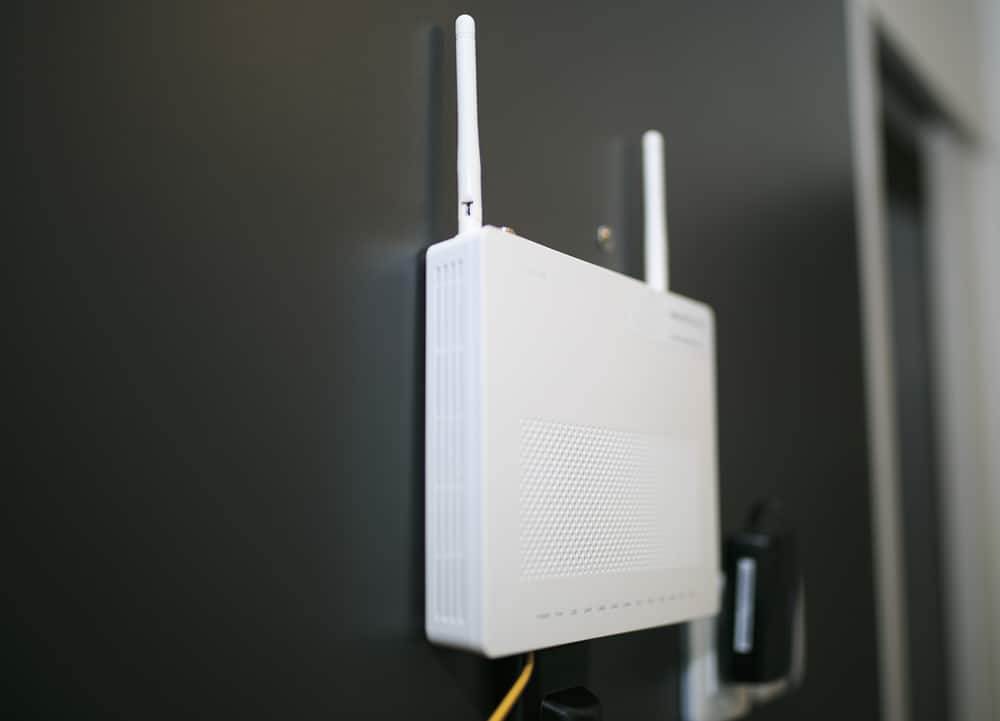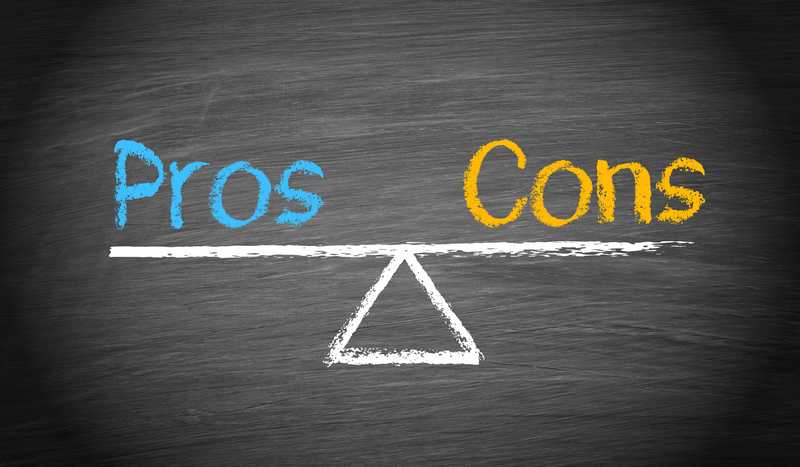
The majority of networking devices on the market use plug-and-play technology. This implies that the hardware may be set up in a matter of minutes by simply plugging it into a power outlet.
Even while this option is convenient, connecting directly to the socket rather than using secondary connections makes the equipment far more susceptible to power problems.
You could feel that we don’t have to provide instructions on how to connect the appliance or which power connection is best for the equipment when we discuss setting up and installing hardware in your houses.
The majority of the time, you would choose a direct electrical outlet, but for users who are more conscientious about the device’s security, the conversation might be a little different.
Can You Plug A Wi-Fi Extender Into A Surge Protector?
The majority of you will connect your networking hardware to your power strips, power extensions, or direct electrical outlets.
Direct connections are occasionally favored for modems and routers, but what if you wish to connect more devices to strengthen your network? Take the Wi-Fi extender as an example of a common Wi-Fi booster.
Since the primary purpose of this equipment is to improve the range and stability of your connection, plug-and-play technology is generally included.
Therefore, if you only need a few extra feet of network extension, you wouldn’t want to get a Wi-Fi extender that required a difficult installation process. However, you may work your way up with a strong power connection to get a remarkable speed over long distances.
But it’s also crucial to be aware of the right and wrong ways to connect to a power source. In relation to that, can you plug a Wi-Fi extender into a surge protector? Since it has been raised in numerous forums, we will be talking about it in this article.
- What Is Surge Protector?
The extension cord in your house can be a preference of yours. Since many of your everyday appliances are plugged into power extensions, you can connect numerous devices at once.
But are Wi-Fi extenders advised to connect when using them? When you purchase networking hardware, the user manual will usually provide all the connectivity and voltage information.
Surge protectors, however, are your best option if you do not want to connect the device to a direct outlet. Their primary duty is to manage any power spikes that may occur while they are operating.
Thus, they are shielded from extremely high voltage waves and your equipment continues to operate steadily. Although some service providers could think that the filters in surge protectors will impair the speed and functionality of the Wi-Fi extender.
Nevertheless, they might be a safer choice than open, direct connectors.
- Can You Plug A Wi-Fi Extender Into A Surge Protector?
It is possible to connect a Wi-Fi extender to a surge protector. You now have a better and more secure power supply because the primary functionality has been satisfied.
There is a chance that the hardware of the equipment will be harmed if we connect our Wi-Fi extenders to direct sockets. That being stated, environmental factors may have an impact on the current surges and they may be quite powerful.
For instance, if load shedding is a problem in your area, you can never be certain that there won’t be a voltage spike since when the light comes on, it can do so with a larger voltage flow than usual.
You run the danger of harming or frying the Wi-Fi extender if the voltage exceeds what the equipment can withstand. Surge protectors are superior to all connection types for this main reason.
They will ensure that the extender is safe by stabilizing the current flow across it. This can prolong the life of your extension in addition to being beneficial to delicate equipment.
Speaking of which, surge protectors prevent extra current from flowing to the extender, extending the extender’s life.
- The Cons Of Connecting Extender To Surge Protectors:
After talking about how surge protectors are more secure than wall outlets, it should be noted that they will never be ideal. As a result, you cannot solely support the use of certain protectors as a solution, as they do have some drawbacks.
In relation to that, while surge protectors can maintain voltage, they also include filters that reduce the hardware’s performance. The speed domain is most impacted.
You’ll notice that using a wall outlet rather than an extension cord may make your extender operate better. The primary deterrent to using extension cords is this.
Additionally, you might want to reconsider your belief that anti-surge extension cords offer the best chance of avoiding impactful voltage surges to your technology. The majority of surge protectors are typically unable to sustain a high-voltage wave.
Which could eventually cause the wire’s insulation to melt and cause a fire. Therefore, there is frequently a greater risk of a spark when you have several gadgets connected across an anti-surge extension connection, and your equipment may malfunction as a result.
Conclusion:
Surge protectors are a fantastic way to keep your extension on the safe side, but they might not be the best solution. To that end, the answer to the question of whether a Wi-Fi extender can be connected to a surge protector is in the affirmative.
However, the answer may be different if your question is in a manner “should you connect a Wi-Fi extender?” The degree of voltage variations in your location and the connection you have already made with the extension cable will determine this.
Therefore, you must consider all the variables that will help you determine whether or not you need a surge protector for connections.

